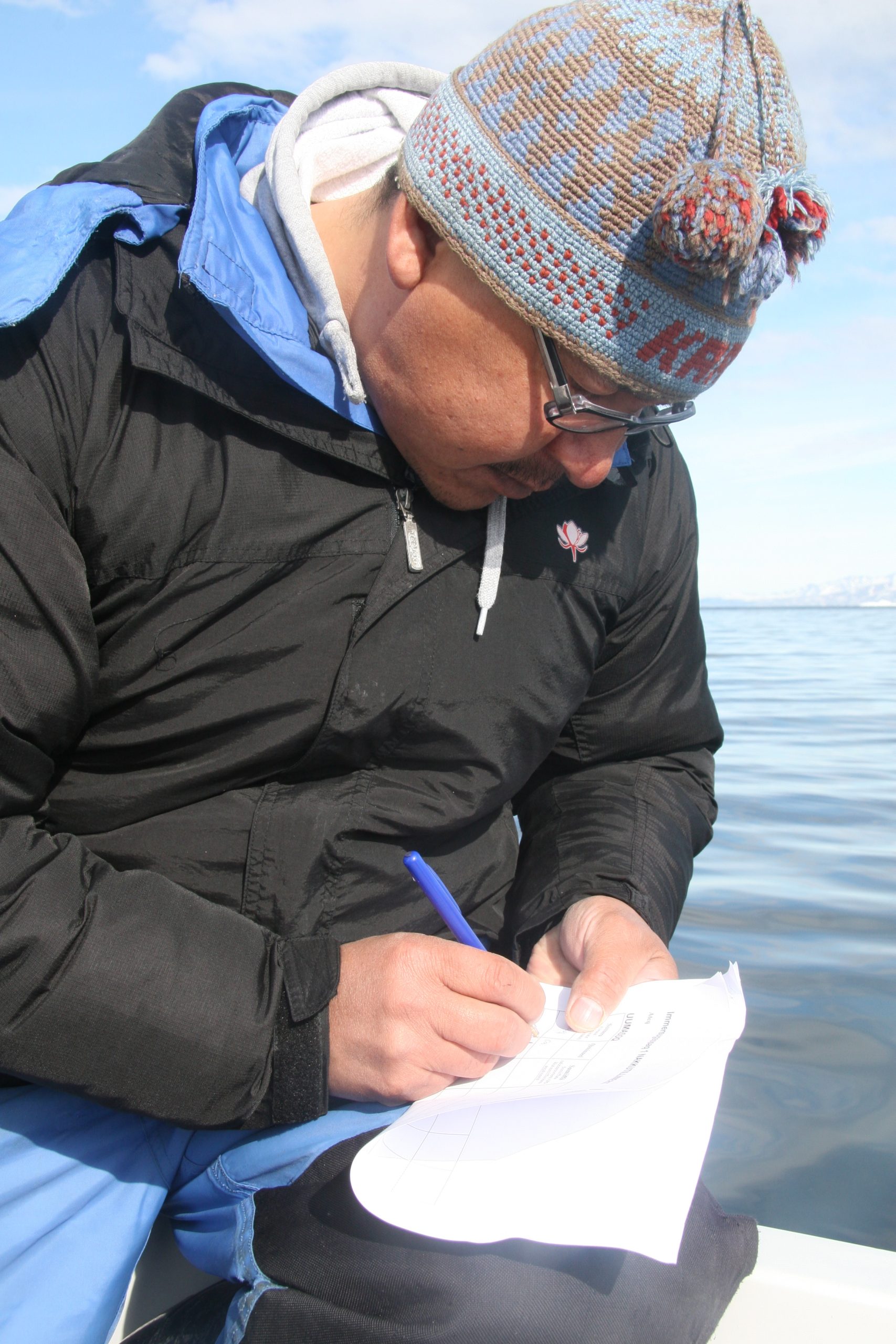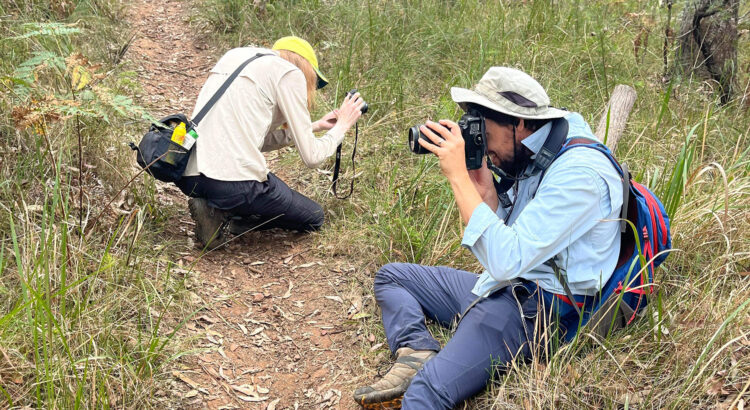At the recently concluded IUCN World Conservation Congress held in Abu Dhabi from 9 to 15 October 2025, the International Union for Conservation of Nature (IUCN) adopted the Resolution “Advancing Citizen Science to Support and Democratise Conservation”. The motion acknowledges the growing importance of citizen science in biodiversity monitoring and environmental governance, and calls on IUCN to embed participatory approaches across its work, including through training, data standardisation, open-source tools, and youth and gender inclusion in such efforts.
Moreover, IUCN has now established a Task Force on Citizen Science with the goal of integrating citizen science into the Union’s strategy and operations by end of 2026. This development signals a significant shift: by formally recognising citizen science as a strategic tool, IUCN is opening the door to much wider public participation in conservation research and policy. Proponents say this could help fill critical data gaps, amplify local voices, support community monitoring and foster more inclusive conservation.
Governments, NGOs, research institutions and community groups are urged to embed citizen science in all project phases—from design to monitoring and evaluation—and to align this work with the global biodiversity agenda and the Kunming‑Montreal Global Biodiversity Framework.
Overall, the resolution and task-force establishment mark a noteworthy step in how IUCN leverages emerging tools and participatory science to strengthen conservation outcomes worldwide.
About IUCN: The IUCN World Conservation Union is the only global environmental organization that includes both governments and NGOs as members. It coordinates a large network of environmental experts — more than 15,000 scientists and practitioners. It is the global authority on the Red List of Threatened Species, and it plays a key role in the rollout of the CBD, CITES, the Ramsar Convention, and the World Heritage Convention.
More information:
Resolution “Advancing Citizen Science to Support and Democratise Conservation”
Involving citizens in monitoring the Kunming-Montreal Global Biodiversity Framework
Community monitoring of natural resource systems and the environment
The concept, practice, application, and results of locally based monitoring of the environment

